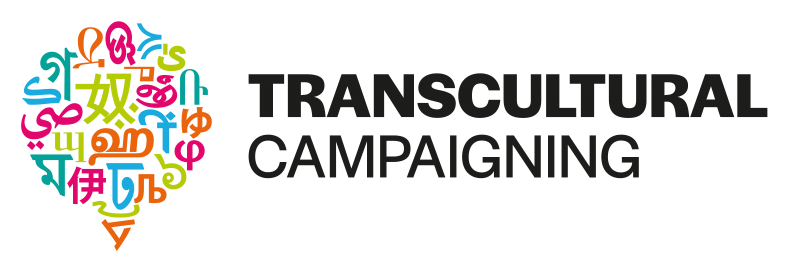At a recent online conference hosted by the International Civil Society Centre (Berlin), Melita H. Šunjić, Director of Transcultural Campaigning (TC), outlined the transformative role of digital technology in irregular migration. Her keynote, titled “Digital Support to Migrants in Adverse Times,” offered a nuanced overview of how smartphones and connectivity are redefining migration patterns, stakeholder behavior, and the policy landscape.
This article summarizes the key insights for policy professionals tasked with shaping migration governance in a rapidly digitalising world.
Digital Empowerment of Migrants
Smartphones have become essential tools for irregular migrants—serving as a GPS, information hub, contact archive, bank card, and lifeline. Migrants increasingly rely on digital channels for:
- Pre-departure and in-transit information: often sourced from personal networks (family, friends, community members), and to a lesser degree, smugglers.
- Navigation: GPS tools guide migrants across unfamiliar and often dangerous terrain.
- Communication: Smartphones enable real-time contact with family and co-travelers.
- Documentation: Devices store identification, photos, and financial information.
- Integration: Post-arrival, digital tools assist with translation, orientation, and networking.
Policy implication: Migrants are digitally literate actors. Policies must account for this digital agency—not treat them solely as passive beneficiaries or targets of messaging campaigns.
Smuggling Networks: Digitally Professionalised
Digitalisation has transformed human smuggling from fragmented, local operations into globally connected, scalable enterprises. Smugglers are now:
- Advertising through social media and encrypted channels
- Accepting digital payments
- Creating and selling route-specific digital content (e.g. maps, guides)
- Rating and reviewing services, building informal reputations
- Collaborating across borders through online networks
Policy implication: Counter-smuggling strategies must evolve from border-centric tactics to include cyber intelligence, fintech monitoring, and international cooperation on digital platforms.
Humanitarian Organizations: Adapting Service Delivery
Digital tools have enabled NGOs to extend their reach to previously inaccessible populations. Key practices include:
- Disseminating information via mobile apps and messenger platforms
- Operating helplines and virtual assistance centers
- Installing Wi-Fi in reception and accommodation facilities
- Reaching migrants in transit, in hiding, or outside formal systems
- Connecting with migrants vessels in disress for search and rescue
Policy implication: Public-private partnerships with tech providers and NGOs can significantly enhance the delivery of humanitarian aid and reliable information to migrants.
Government Responses: Control vs Communication
Destination country authorities are using digital tools in varying—sometimes contradictory—ways:
- Deterrence campaigns aimed at discouraging irregular migration are often poorly designed and ineffective.
- Phone confiscation or destruction during pushbacks is increasingly reported, aimed at limiting migrants’ mobility and communication.
- Mobile data extraction is used to reconstruct travel histories and verify asylum claims.
- Digital outreach efforts are being implemented to provide official information to asylum seekers in-country.
Policy implication: Coherent digital migration strategies are needed—balancing control measures with transparency, legal safeguards, and effective communication tools.
Strategic Takeaways for Policymakers
- Recognise the smartphone as a central migration tool—policies must integrate the realities of digital mobility.
- Update smuggling countermeasures to reflect their digital evolution; traditional law enforcement responses are insufficient.
- Invest in digital information campaigns that are culturally informed, language-specific, and delivered through trusted channels.
- Protect digital rights of migrants, ensuring surveillance practices respect data privacy and human rights obligations.
- Facilitate NGO innovation through funding and policy support for digital outreach and service models.
Watch the Full Keynote
📺 Melita H. Šunjić’s presentation at the International Civil Society Centre conference is available here:


